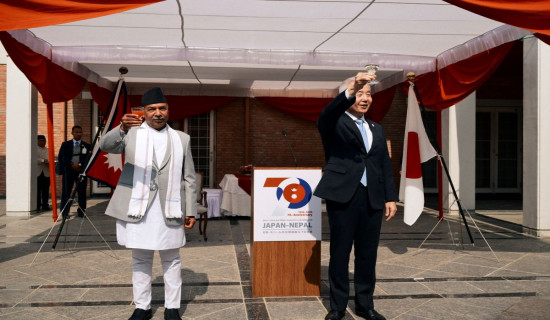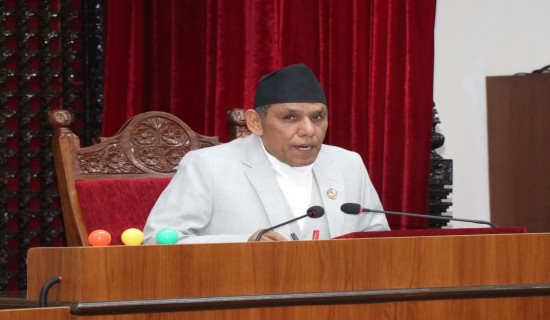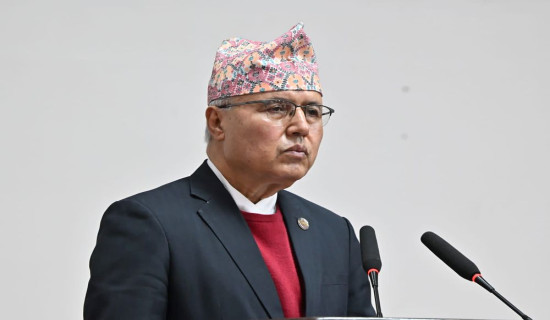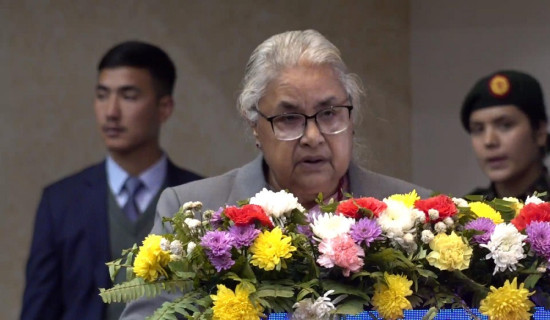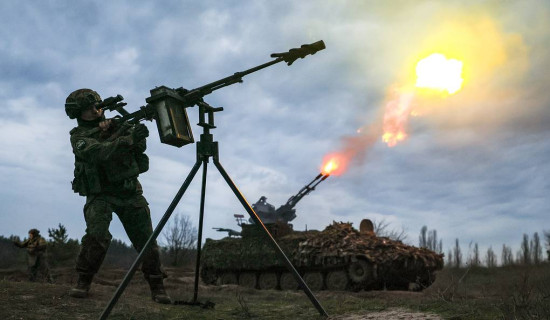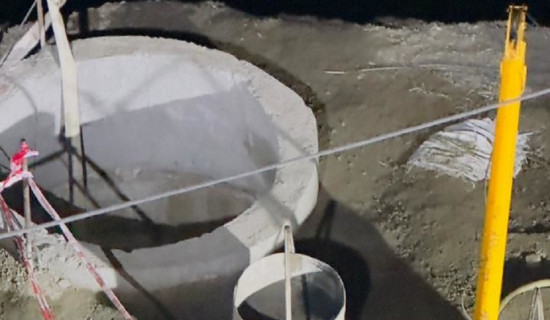- Wednesday, 11 February 2026
Do Not Generate Mess In Schools
BMD
In Nepal, staging protests has become common among political parties, their sister wings and professional organisations. They opt for such moves just to get their demands met or rights secured. What is ironic is that they are so rights-oriented that they mostly forget their duties while planning for any protest. This is one of the main reasons why every sector in the country always remains messy.
With the registration of the School Education Bill, 2023 in the Parliament Secretariat by the Ministry of Education, Science and Technology, teachers have called for demonstrations to put pressure on the government to withdraw some of the provisions included in the bill. The Nepal Teachers’ Federation has lately called upon all of its members to gather in Kathmandu by closing down schools nationwide. If the teachers follow this appeal, the entire school education may get disrupted. This will affect the learning of more than seven million children.
The federation has put up a 17-point demand before the government. One of the precarious demands is that the teachers have expressed their reluctance to work under the local level. As the process of drafting the School Education Bill had started some five years ago, the teachers had shown their unwillingness to remain under the local government. But their demand is against the constitutional provision. Other demands include calculation of temporary service period, promotion and grade facility.
The constitution allows the local government to appoint teachers, transfer and promote them. Besides, the elected people’s body is also assigned to assess the performance of teachers. It has the authority to take action against those teachers who have not performed their duties well. Even the Local Government Operations Act has entrusted the responsibility of looking after the basic and secondary schools. As per this Act, the local government has the power to issue permission for the establishment and management of schools. However, the Teachers’ Service Commission, an autonomous body, selects teachers through using all the required procedures.
Against this backdrop, if these demands of teachers are met, it will not be in compliance with the constitution, other laws and the concept of federalism. Among the three-tier governments, the local government is the closest to the people. Its role in service delivery is very important. Because of this, the constitution has entrusted the local government with the responsibility looking after the school education. Therefore, the teachers’ hesitation to be under the local government is not genuine. As teachers get salaries and other facilities from the taxpayers’ money, they must abide by the laws and work for imparting a quality education to students. Though they have the right to express their dissatisfactions with the laws, they cannot violate them.
A wrong practice is that teachers in Nepal have been involved in politics directly by becoming members of different political parties. This has polluted the education sector, with the quality of education getting deteriorated in the country. This has caused a sense of frustrations to students and parents. Some of the local governments have already stopped teachers from being involved in active politics. This step has drawn mixed reactions. The government and the political parties must take this current chaos in the education sector and take the initiative to resolve it amicably.









